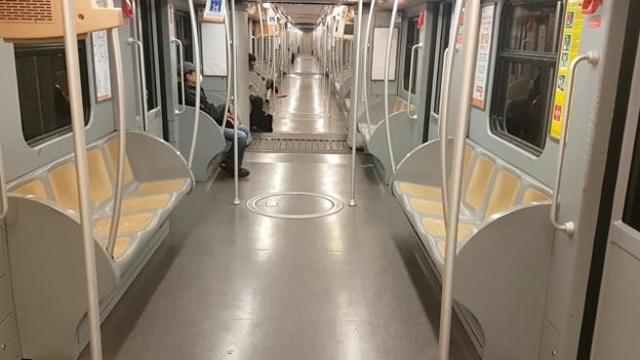Imagining the world after coronavirus

The idea of a “return to normal” seems no longer tenable. There will be a new normal that is in many ways very different from the old normal. And choices we make now – in a rush and without much thought – will impact that different world we will inhabit.
As Yuval Noah Harari writes in the FT today: “Decisions that in normal times could take years of deliberation are passed in a matter of hours. Immature and even dangerous technologies are pressed into service, because the risks of doing nothing are bigger.” Moreover, he writes, “temporary measures have a nasty habit of outlasting emergencies, especially as there is always a new emergency lurking on the horizon.”
So what are the major challenges we need to confront, when preparing for the world after coronavirus?
Harari sees two choices: “The first is between totalitarian surveillance and citizen empowerment. The second is between nationalist isolation and global solidarity.”
Brian Merchant highlights another risk – the Amazon-ification of the planet, a permanent transfer of traditional jobs at local small businesses, like restaurants, bars and local shops that are now forced to close, to unreliable, part-time work for tech giants that distribute products and services through online platforms that are increasingly automatized and robotized.
Gideon Lichfield, the editor-in-chief of the MIT Technology Review, looks at both the short term and longer term impacts, and predicts that “we’ll restore the ability to socialize safely by developing more sophisticated ways to identify who is a disease risk and who isn’t, and discriminating “legally” against those who are.” (sic).
Lichfield doesn’t consider the Harari idea of citizen empowerment, as an alternative to totalitarian surveillance. “The intrusive surveillance will be considered a small price to pay for the basic freedom to be with other people.”
Politico surveyed thirty “smart, macro thinkers”. As their thoughts, understandably, go in all kinds of directions: from a more constructive political discourse to a focus on the importance of expertise, from the end of hyper-individualism to new investments in public goods, from a rise in telemedicine to stronger family care and safety nets, from virtual parliaments to electronic voting, from the comeback of big government to a political uprising, and from stronger domestic supply chains to more inequality.
And Atossa Araxa Abrahamian imagines a best-case scenario in The Nation where politicians, leaders and decision makers use this dramatic moment to fix a lot of things that are wrong in our world.
Finally, Chinese-American anthropologist Tricia Wang stresses the resurgence of the hyper-local, based on her virtual ethnographic fieldwork with Wuhan residents:
“It wasn’t just top-down measures that successfully slowed the infections, it was also bottom-up, dynamic organizing in emergent, hyper-local social networks that enabled millions of individuals to share & vet information, find beds, give social support, source food”
She writes that “we are used to taking part in large groups & streams like twitter Reddit, Facebook, and tumblr where we are lurkers, broadcasters, or participants…” but that in this pandemic we “need hyper local networks of people who literally are within walking or short driving distance away”. So using these Slack guidelines, she created her own own hyper local network based on geographic proximity in New York City.



